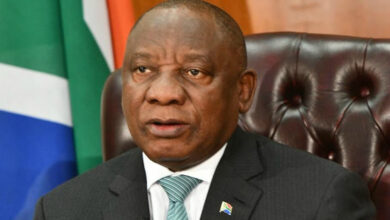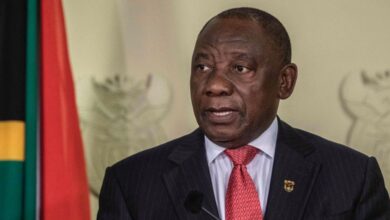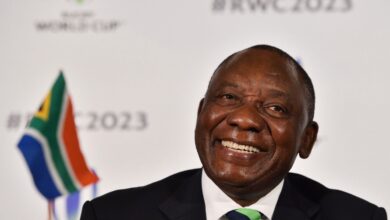South Africa
South African Gov’t Delay COVID-19 Vaccine Deliveries Due To Slow Inoculation

The South African government has reportedly asked Covid-19 vaccine-making companies Johnson & Johnson and Pfizer to delay delivery of the vaccines because it now has too much stock and vaccine hesitancy has slowed down the ongoing inoculation campaign, reported News 24.
According to the health ministry data, about 35% of South Africans are fully vaccinated, but that meets just half of the government’s year-end target. It has averaged 106 000 doses a day in the past 15 days in a nation of 60 million people.
The inoculation program was slowed earlier this year due to insufficient doses. But, now deliveries have been delayed due to oversupply, making the country an outlier in the continent where most countries are still deprived of adequate vaccine supplies.
In an interview with Reuters, Nicholas Crisp, the deputy director-general of the South African health department, said that the country had 16.8 million doses in stock and said deliveries had been deferred.
“We have 158 days’ stock in the country at current use,” a spokesperson for the health ministry said. “We have deferred some deliveries.”
They did not say when the vaccine deliveries would take place.
Stavros Nicolaou, chief executive of Aspen Pharmacare, which is packaging 25 million J&J vaccine doses a month in South Africa, said most of the vaccines bound for the country would now be dispatched to the rest of the continent.
Nicolaou said deliveries would likely be deferred until the first quarter of next year. Vaccines packaged at Aspen’s plant are part of the African Union’s agreement to buy 220 million doses from J&J.
The South African government has taken a number of steps to boost the inoculation rate. To ramp up vaccinations, the government has started pop-up vaccination centers and sought help from community leaders. It has also opened inoculations to children aged 12 to 17.





